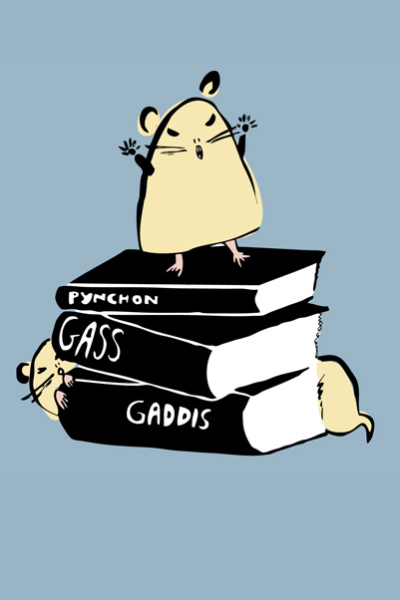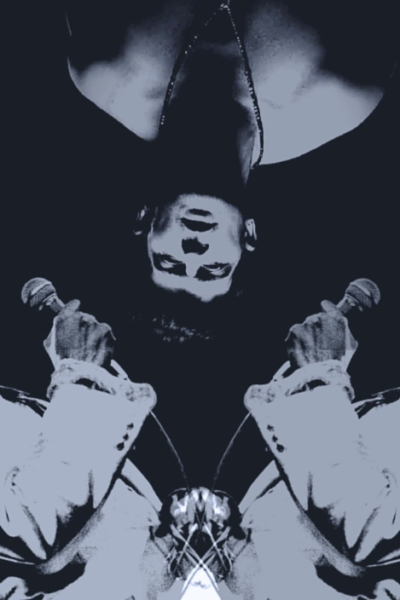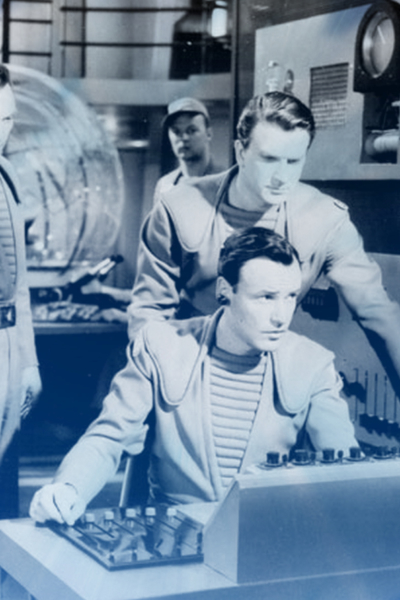Unreal Loyalties in the Museum
Old-guard museum loyalists have come to associate photography of artworks with inattention and disrespect. But that attitude is itself unfaithful to the possibilities of the museum.
Unselfconsciousness is covetable. We admire it in babies and seek to recover it as adults. But blackness is incompatible with unselfconsciousness. Blackness is a tracking device.
For a brief moment in the cemetery, I wished it wasn’t my inheritance. That this wasn’t my story.
The Indescribably Real: Epic Memoir and Barycentric Fiction
The softening of the reader’s criteria for what can be permissibly worked into the novel format, processing real life through the story-teller’s eye for structure, implicates not only our literature, but reality as we experience it.
Nell Zink’s prose may not expand into rolling curls of unconventional syntax, but it is nonetheless difficult. Her mercilessly enjoyable prose leaves itself open to serious moral misinterpretation.
The Perils of Optimism, with Zeppelins
Truth itself won’t be comforted, but there’s solace in seeing the huckster unmasked. On American optimism and THE CARP CASTLE by MacDonald Harris.
Knausgaard could have Instagrammed his father’s empties. Didion could have live-tweeted her late-night ambulance ride. Instead they wrote. Why do we write grief?
The Corpse Singing On The Radio
Scott Beauchamp writes about the first time he saw a dead body in Iraq, his experience reading the Stoics during combat, and his later turn to a philosophy capable of responding to injustice.
The Robin Thicke verdict renders the 2013 song theft, and thereby the two songs the same. It’s the latest installment in the American government’s recent series of ontological rearrangements.
While dystopian fiction, film, and television is now as popular as it’s ever been, we’ve surgically amputated our fears about societal collapse from our individual ambitions.











